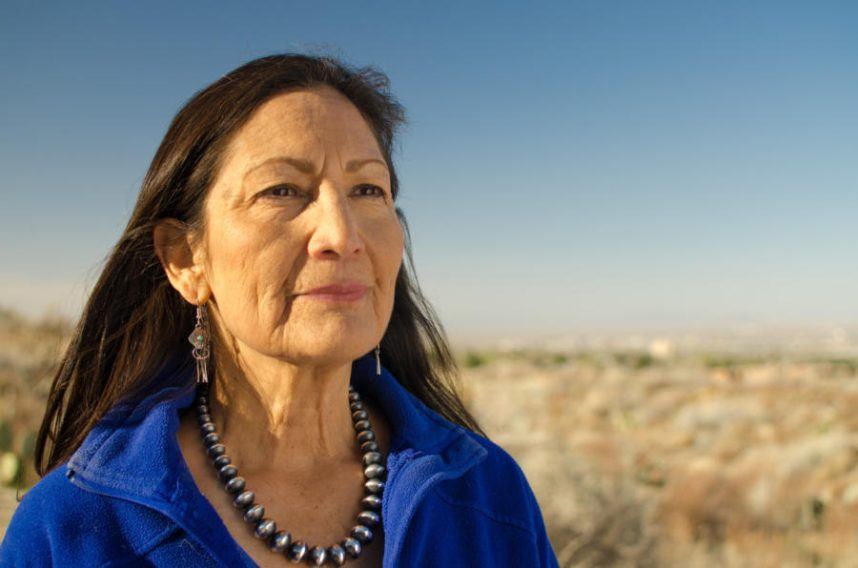
Medford Casino Project for Coquille Tribe Advances Despite Strong Opposition
The Coquille Tribe's proposed Medford casino project has gained significant momentum following the Bureau of Indian Affairs' (BIA) issuance of a final environmental impact statement (FEIS) supporting the plan.

Secretary Deb Haaland speaking publicly
The project, first proposed in 2011, involves converting a former bowling alley site into a gaming venue. While the Trump administration rejected the land-in-trust application in 2020, the Biden administration reversed this decision in 2021, citing an incomplete environmental review process.
The BIA will now initiate a 30-day public comment period, followed by a final record of decision (ROD) on the land trust application.
Opposition to the project is substantial, including:
- Multiple Oregon and California tribes
- US Congressional representatives from both states
- Oregon Governor Tina Kotek
Critics argue that:
- The project constitutes "reservation shopping"
- The tribe lacks legitimate historical ties to Medford
- The location is 168 miles from the tribe's Coos Bay base
- Urban off-reservation gaming contradicts the Indian Gaming Regulatory Act
Coquille Tribe Chair Brenda Meade defends the project, explaining that the 1989 Coquille Restoration Act specifically included Jackson County (where Medford is located) as an area where trust land could be established. She argues that federal policies historically caused tribal dispersion across the region.
The Cow Creek Umpqua Tribe has expressed particular concern, with Chair Carla Keene stating that Interior Secretary Deb Haaland has dismissed their opposition and failed to treat them as sovereign nations.
The BIA's next steps and final decision could significantly impact the future of off-reservation tribal gaming in Oregon and set precedents for similar cases nationwide.
Related Articles

Department of Interior Approves Two Controversial Tribal Casino Projects in California, Oregon

